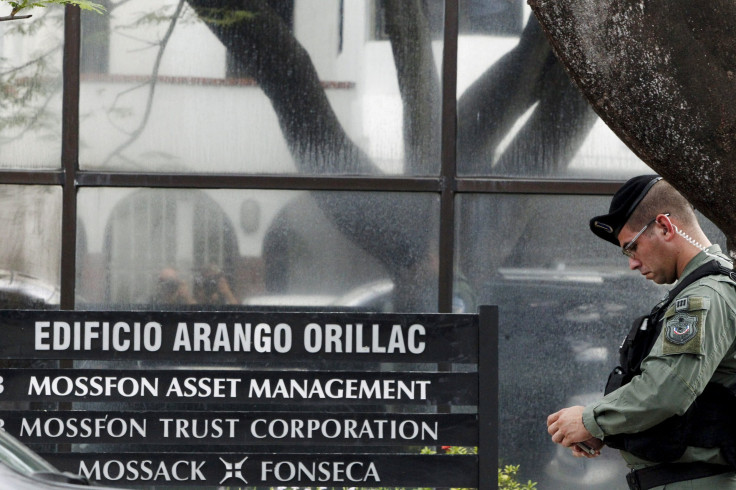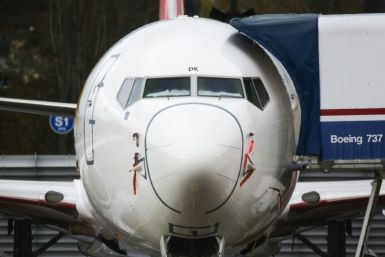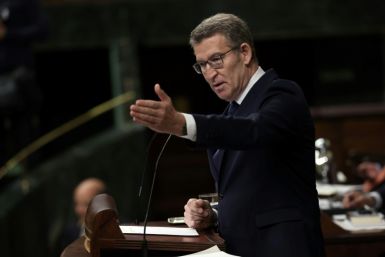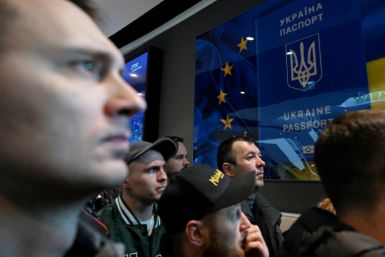Global tax officials fly to Paris to discuss global strategies to address Panama Papers leak

In response to the Panama Papers leak, global tax officials will meet today in Paris to co-ordinate a global strategy to expose tax evaders and secret offshore holdings.
The emergency session called by Australian Tax Commissioner, Chris Jordan, will include 28 OECD countries to collaborate and compile the data and intelligence revealed by the documents.
“We’re basically trying to get the bigger picture”, Jordan told the Australian Financial Review.
“A number of countries have got slices or pieces of the data that’s been very useful, but really, the start of the conversation is to work out who’s got what, how we can pool that information and start to work together.”
The leak of 11.5 million documents from Panama law-firm Mossack Fonseca in 2016 and revealed by the International Consortium of Investigative Journalists (ICIJ) covered 210,000 companies in 21 offshore jurisdictions.
Following the data leak, said to be the biggest leak in history, Mossack Fonseca’s head office in Panama was raided by government officials to search for documents that linked the firm to illegal activities. Subsidiaries of the firm have also been searched in Peru and El Salvador.
Across the globe, official bodies responded to the leaks of the documents that implicated 12 current or former heads of state and more than 128 politicians and public officials in a variety of ways.
Australia
The Australian Tax Office (ATO) are investigating the 800 Australians listed in the Panama Papers, but have not revealed what action - if any - would be taken.
“Currently we have identified over 800 individual taxpayers and we have now linked over 120 of them to an associated offshore service provider located in Hong Kong,” the ATO said in a statement to the Financial Review. Tax Commissioner Chris Jordan has estimated that the extra earnings that the ATO could secure from exposing tax evaders would be about $1 billion.
European Union
The European Union (EU) on Tuesday put forward plans to increase the accountability of Europe’s largest multinationals on tax matters, and strengthen the transparency of companies’ offshore activities.
“By using complicated tax arrangements, some multinationals can pay nearly a third less tax than companies that only operate in one country. Our proposal to increase transparency will help make companies more accountable,” EU Commissioner Jonathan Hill stated.
#TaxTransparency - @JHillEU on public reporting requirements for largest companies operating in the EU https://t.co/LSMTcCVpfn
— European Commission (@EU_Commission) April 12, 2016
United States
President Barack Obama has called for international taxation reform, whilst his administration has released rules to stop corporate inversions where companies are able to move their headquarters overseas to avoid tax.
“Tax avoidance is a big global problem,” Obama said in Washington last week, reports U.S.News. “A lot of it’s legal, but that’s exactly the problem. It’s not that they’re breaking the laws, it’s that the laws are so poorly designed.”
The U.S Department of Justice are also looking into corruption allegations against Americans in the leak of the documents .
China
One country that will not be investigating tax evasion accusations is China, where communist officials demanded a media blackout on all Panama Papers reporting as the leak revealed family members of current party leaders had set up companies with Mossack Fonseca. Chinese officials ordered all content related to the Panama Papers be repressed, with one newspaper alleging that the Panama Papers were from a “hostile western force” aiming to undermine the Communist Party rule.
However, according to the leaks, China hosted the largest number of Mossack Fonseca’s offshore company owners.
Russia
Similar to China, Russia’s official response to the leaks was to cast off the blame. Putin’s spokesperson Dmitry Peskov called the accusations an attempt by the west to destabilise Russia ahead of elections.
Russian media also did not broadcast any programs that included the involvement of Russian officials in the paper leaks.
New Zealand
The New Zealand government has been forced to review their policy on foreign trust laws after the Panama Papers highlighted the country as a key to offshore trust businesses due to its legal framework.
“Ministers decided that in light of the ‘Panama Papers’ being released last week, it’s worth looking at whether the disclosure rules are fit for the purpose and whether there are practical improvements we can make,” Finance Minister Bill English said in a statement released on Monday.
The outcomes of the Paris meeting on Wednesday is yet to be announced.






